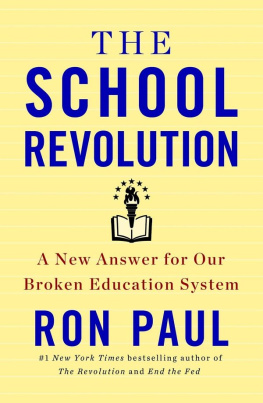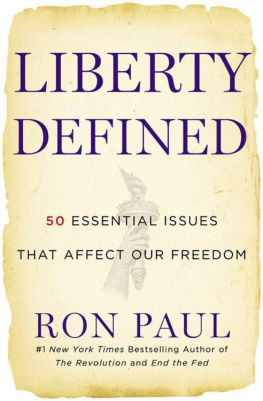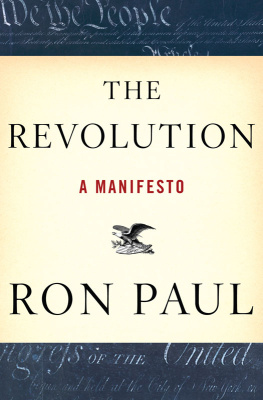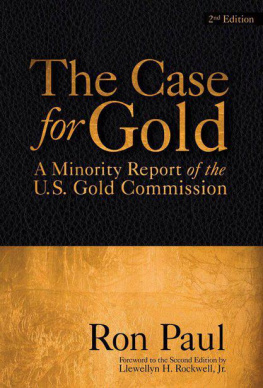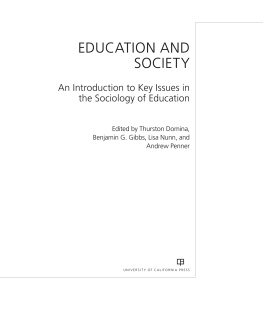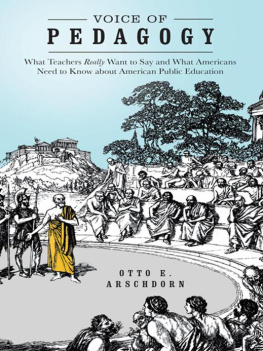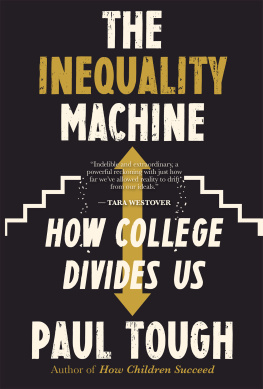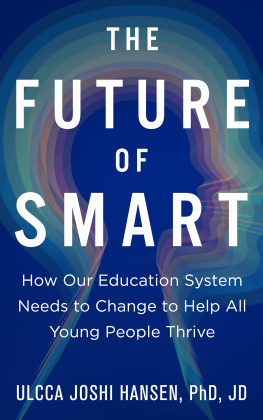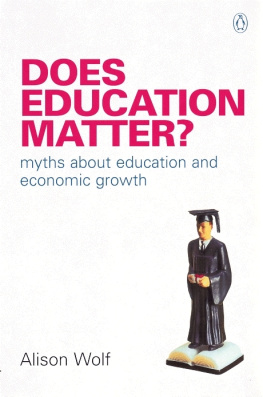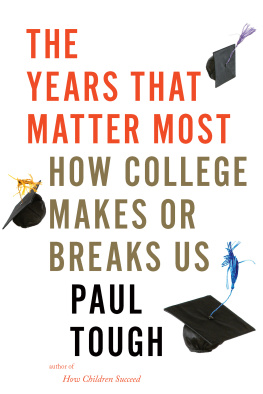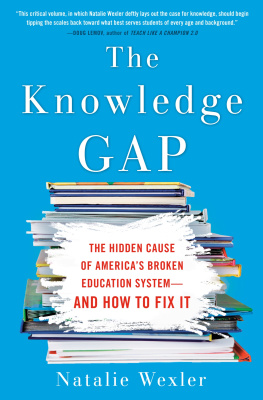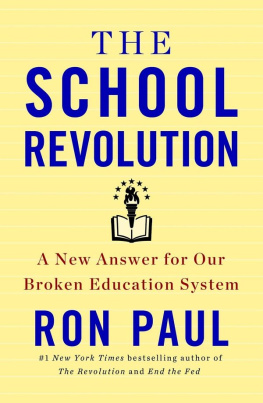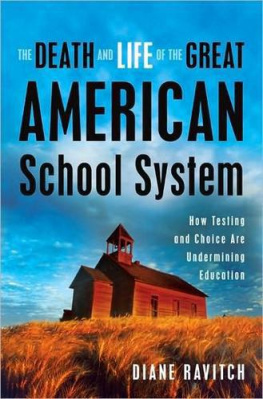Thank you for buying this ebook, published by Hachette Digital.
To receive special offers, bonus content, and news about our latest ebooks and apps, sign up for our newsletters.
For more about this book and author, visit Bookish.com.
Y ou have arrived at the end. Thank you for sticking with me this far. An author always knows that not all the readers who start his book will finish it. Sad, but true. Listeners usually do not walk out during someones speech. But readers put down a book never to pick it up again.
I dont know if you have already made the transition to homeschooling. If you have, then I have been preaching to the choir. Thats okay. Choirs need a good sermon every so often. If every chapter is a sermon, you have heard several.
On the other hand, you may be on the fence. You are not sure if you are ready to switch from the convenience of tax-funded schools. (They are convenientuntil a school-based disaster strikes a family.)
I have probably lost those parents who are convinced that they, as individuals, can somehow get together with like-minded parents to reform the local public schools. Parents have been attempting this since about 1840. This strategy has not worked well. In recent decades, it has not worked at all.
By now, you know the major themes of this book. Some are negative. Most are positive.
With respect to the negative themes, there is this: tax-funded education has been corrupted by money from on high, state and federal money. Federal money always brings federal control. State money has the same effect on local school districts: loss of local control, meaning centralization. Funding always identifies the locus of sovereignty in any organization. Follow the money. It leads back to Washington, DC.
Second, there has been a measurable decline in the performance of tax-funded schools. This began long before I entered school, but it has accelerated ever since the mid-1960s. This decline has not been limited to academics. The moral environment has also decayed. Safety has declined. Yet the cost per student has risen relentlessly,
This decline is becoming visible to more and more people, especially parents. Voters are beginning to figure out they do not live in Lake Wobegon. All the local schools are not above average. Worse, the average is declining. The lowest common denominator keeps getting lower.
When we look at the big picture, we may be tempted to despair. There has been educational reform after reform for over a century. None has worked. Each reform is abandoned as a fad. But none of them was called a fad by the reformers when it was introduced. The reforms become fads only in retrospect. Example: the new math fad of the late 1960s. Ill tell you some people who learned the new math well: congressmen. The trouble is, Congress has yet to abandon new math. The schools did forty years ago.
The big picture is like an iceberg. All the local critic has is a blowtorch.
This leads me to the other major themes of this book. They are positive. They are positive because of the little picture. The little picture is your picture. You have the authority to veto the public school system inside the four walls of your home. You do not have to cooperate any longer.
* * *
The phrase vote with your feet was applied for decades to people who escaped from Soviet nations. The border guards tried to prevent this form of voting.
In Germany today, it is illegal to homeschool your children. Across Europe it is illegal. The bureaucrats inside the schools have persuaded the politicians to make voting with your childrens feet illegal. This is not true in the United States. Yes, there are government restrictions on homeschools. There are petty interferences with parental sovereignty. But this is not Germany. There are ways to take your children out of traditional schools and keep them out.
The cost of doing this keeps dropping. Salman Khans Khan Academy teaches students around the world free of charge. Others will imitate him. There is a flood of homeschool materials today, not the trickle of 1980. There is a wide range of choice, and this will grow wider. The economist says, When the price falls, more is demanded. Demand is rising fast.
Adam Smith taught a unique doctrine in his day. He said that when individuals pursue their self-interest in an open economy, they create wealth. This wealth benefits the entire society. He described this in The Wealth of Nations. He called for the removal of restrictions on free mens decisions to seek what they believe is best for themselves and their families.
The same argument applies to privately funded education. When parents become buyers of educational services in a free market, they do so in the name of their children. By turning to the free market for solutions to their problems in gaining the educational training they want for their children, they benefit society. They promote competition among producers of educational programs. The supply then increases. The division of labor increases. Output increases. The range of choices increases.
The departure of a child from a tax-funded school sends a message to local public school administrators: Improve the schools or suffer negative consequences. For every child who is removed, the local district loses funding from the state. This pressures administrators to cut costs. It pressures them to try a new reform.
As surely as sending an e-mail pressures the U.S. Postal Service to cut costs, so does the departure of a student from a local school. Parents get the educational program they want for their children. As a side effect, this pressures local administrators to fix the system. If the administrators refuse, then other parents will get the message.
* * *
Malcolm Gladwell wrote a bestselling book titled The Tipping Point. I especially like its subtitle: How Little Things Can Make a Big Difference. It was published in 2000. That book has made a big difference, and a lot of money, too. The book rests on a line of reasoning that is not intuitive. Gladwell describes major social changes as epidemics. They have the characteristic features of epidemics. He identifies the three characteristic features: contagion, small causes, and the transition from gradual change to a dramatic moment when everything seems to change all at once. This is a powerful metaphor. But it has a glaring defect. Epidemics recede rapidly. Social changes sometimes do, but sometimes they dont. They can take hold of a society, for good or ill. They can become permanent.
The homeschooling movement is small but dedicated. The public schools are fat and complacent. It looks as though the idea of tax-funded education is permanent. The exodus from the schools is minimal. But this David versus Goliath situation can be reversed. I believe it will be reversed. When Washingtons checks bounce, it will be reversed.
A generation ago, a very fine American historian named Clarence Carson wrote a book, The World in the Grip of an Idea. That idea was socialism. The book was published in 1979. It argued that the whole world was being influenced by individuals who believed in socialism. The idea was spreading. It is not spreading today. It has retreated from the public arena.

